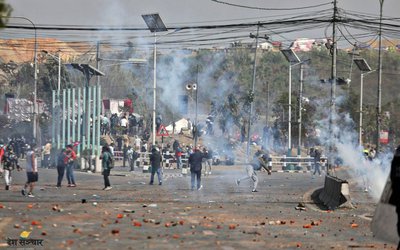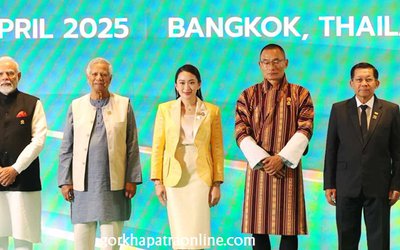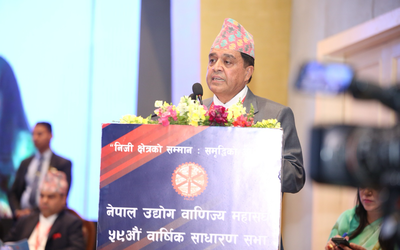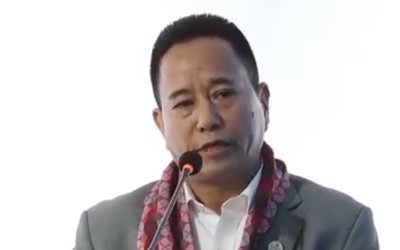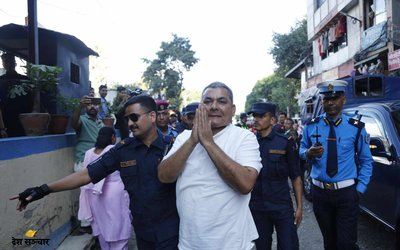Women and girls in Nepal are still suffering from obstetric fistula, a health condition that is preventable and in most cases treatable. Obstetric fistula, a hole in the birth canal, is one of the most serious injuries of childbirth caused by prolonged, obstructed labour in the absence of timely and adequate medical care.
Obstetric fistula has been virtually eliminated in industrialized nations, but in developing countries like Nepal it continues to affect the poorest, most vulnerable and marginalized women and girls. According to a 2011 Needs Assessment Report by UNFPA, around 4,300 women in Nepal are living with this condition.
Nepal has made significant progress in improving sexual and reproductive health and advancing reproductive rights of women and girls. But many of them, especially the poor and vulnerable, still lack access to quality sexual and reproductive health information and services, including life-saving emergency obstetric care. Furthermore, they often live with the hole in the birth canal which causes constant leakage of urine and feces for years, ostracized by their community, often abandoned and living in isolation and confronted with guilt and shame. Now is the time to end this severely neglected health and human rights tragedy. Let us commit to end obstetric fistula within a generation.
To end fistula, we must ensure universal access to quality sexual and reproductive health services; eliminate gender-based social and economic inequities; prevent child marriage and early childbearing; promote education and broader human rights; and foster community participation in finding solutions, including through the active involvement of men as well as seeking the help of fistula survivors as advocates. Ensuring access to fistula treatment (surgical repair) for all women and girls in need is also a key strategy for eliminating it.
The theme of this year’s International Day to End Obstetric Fistula, “End fistula within a generation”, is a call to transform the world. As we talk about ending polio, HIV/AIDS, and so many other forms of suffering, so must we commit to stepping up our efforts to end fistula, once and for all. This means heeding the call of the 2030 Agenda for Sustainable Development to leave no one behind.
For UNFPA ending fistula remains one of our highest priorities, and we will continue to accelerate efforts, both in our own work with the Government of Nepal and partner agencies. The global Campaign to End Fistula, launched in Nepal in 2010 by UNFPA together with the government and partners, has helped recognize obstetric fistula as a public health issue and enabled provision of prevention, treatment, capacity building and advocacy programmes. While significant progress has been made, far more remains to be done.
We cannot give up until every single woman and girl living with fistula has been treated. We cannot give up until every fistula survivor receives the social reintegration and support services she needs to rebuild her life, reclaim her dignity, and restore her hope and dreams for the future. As we commemorate International Fistula Day on May 23rd,BP Koirala Institute of Health Sciences,
Model Hospital, Patan Hospital and International Nepal Fellowship will continue in their tireless efforts to providing treatment and care to fistula survivors. However much more is required to prevent, treat and therefore end fistula within a generation.
Excerpts of statement for the International Day to End Obstetric Fistula issued by Giulia Vallese, Representative of United Nations Population Fund (UNFPA) for Nepal
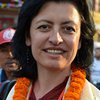
Giulia Vallese
Ms. Vallese is UNFPA Representative to Nepal
- Nepal Is Poised To Reap A Demographic Dividend
- Jul 11, 2016
- World Population Day 2015More Than Ever Relevant to Nepal
- Jul 11, 2015
- Investing in Young People’
- Jul 15, 2014
- AP Population Conference
- Sep 02, 2013
- AP Population Conference
- Aug 31, 2013






